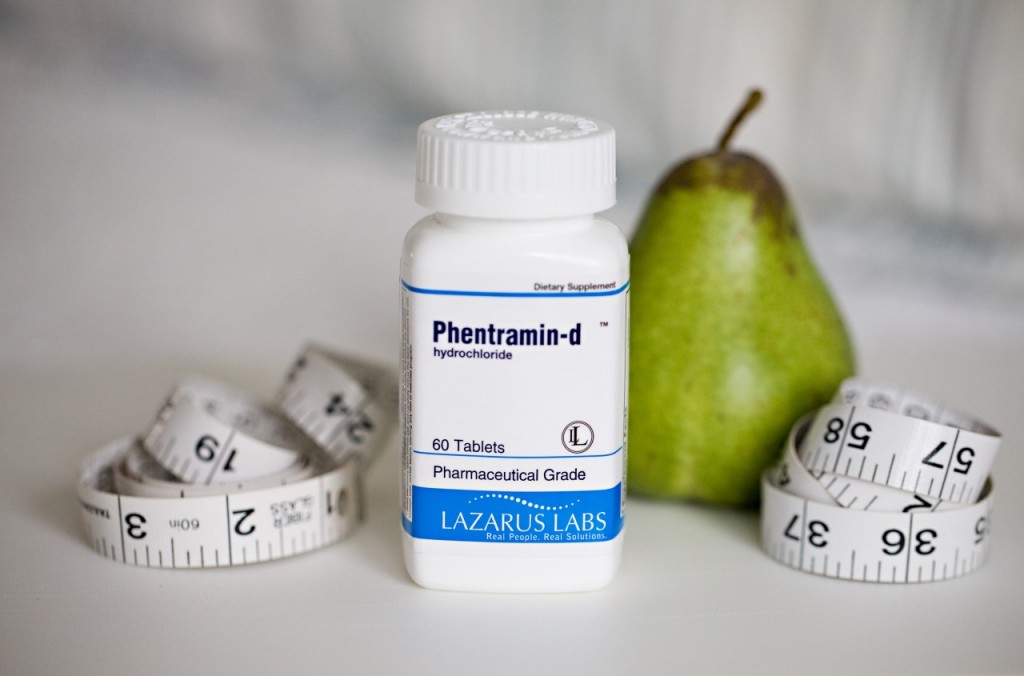


“This medicine helps you feel full earlier,” says Dr. (If you weigh 200 pounds, for example, that would be 30 pounds.) Semaglutide doesn’t work for everyone, but when it’s successful, it can help someone shed 15% of their body weight. It was approved by the FDA for the treatment of overweight and obesity in June 2021 (with similar medications being developed as well). It was, however, approved for the treatment of type 2 diabetes. The drug trial’s sponsor, Eli Lilly, is working with the FDA on a timeline for approval.Īnother weight-loss medication is called semaglutide (it’s available by prescription under the brand name Wegovy ™), and it is given once a week by self-injection under the skin. Tirzepatide has not yet been approved by the Food and Drug Administration (FDA) for use as an anti-obesity medication. “These results are an important step forward in potentially expanding effective therapeutic options for individuals with obesity,” says Ania Jastreboff, MD, PhD, a Yale Medicine adult and pediatric endocrinologist, and a nationally recognized obesity medicine expert.
Prescription weight loss medication trial#
According to a study published in June in The New England Journal of Medicine, use of the drug, a novel GIP/GLP-1 receptor agonist, in the trial resulted in more than a 20% weight reduction in those with obesity-an average of 52 pounds per person. One such medication that has been making headlines is called tirzepatide. They are anti-obesity medications, and doctors say that part of what makes them unique is how they are prescribed: They are used to treat obesity as the chronic metabolic disease it is rather than perpetuating the misconception that obesity is a problem that can be overcome by willpower. But there are new types of medicines that are potential game-changers. In comparison, studies on people with diabetes who used tirzepatide found they lost an average of 15% of their starting body weight, Gabbay said.There is no magic pill that will cure obesity, a condition that affects over 40% of adults in the United States. Participants who got a placebo lost between 2.4% and 3.1% of their body weight, on average. “It’s the range of weight loss that we typically think only possible through surgery.”Īll in all, people without diabetes lost an average of 15% to 20.9% of their starting body weight over the course of the 72-week double-blinded, randomized clinical trial, which was published Saturday in The New England Journal of Medicine. “The middle range of weight loss for people in this new study was 49 pounds – 49 pounds is a lot,” he said. “The weight loss that they got in this study was even greater than what had been seen in the previous studies of people with diabetes,” Gabbay, who was not involved with the study, said. Robert Gabbay, chief medical officer of the American Diabetes Association, who spoke to CNN from the ADA’s 82nd Scientific Sessions in New Orleans, where the study results were presented. “The data was quite impressive,” said Dr. Ania Jastreboff, codirector of the Yale Center for Weight Management in a briefing for the media. “Almost 40% of individuals lost a quarter of their body weight,” said coauthor Dr. Participants with obesity or who were overweight and took the 5-milligram dose lost an average of 35 pounds (16 killograms), those on the 10-milligram dose lost an average of 49 pounds (22 kilograms), and participants on the 15-milligram dose lost an average of 52 pounds (23.6 kilograms). Tirzepatide, which is sold under the brand name Mounjaro, was studied in people without diabetes in three dosages: 5, 10 and 15 milligrams.

What you should know to master portion control, according to an expert Delicious burgers with beef, tomato, cheese and lettuce Adobe Stock


 0 kommentar(er)
0 kommentar(er)
